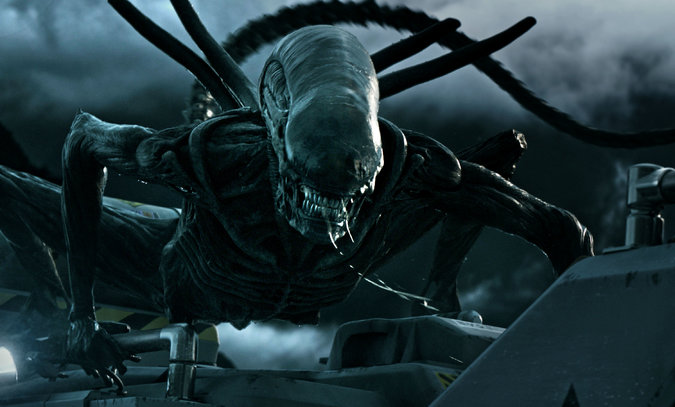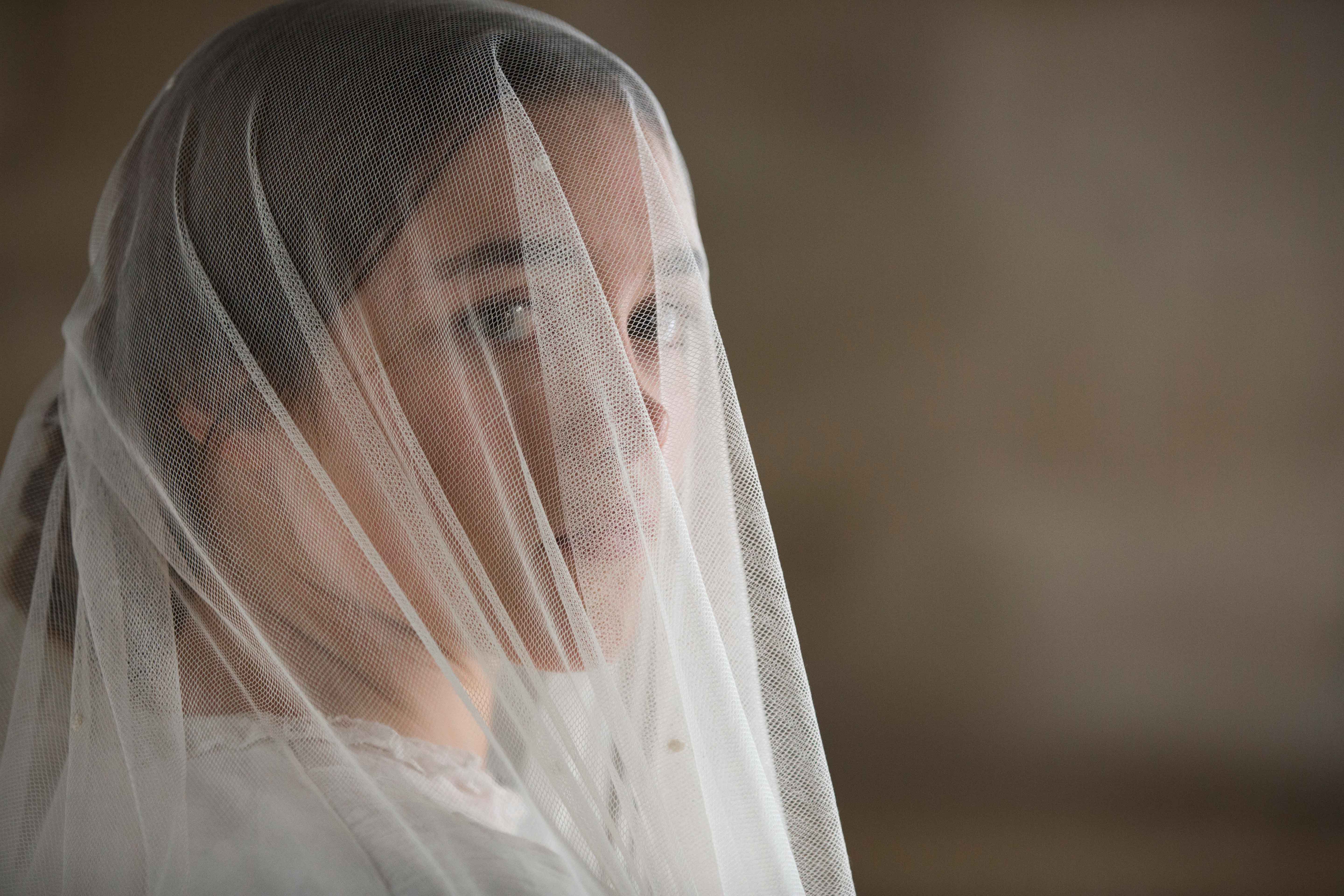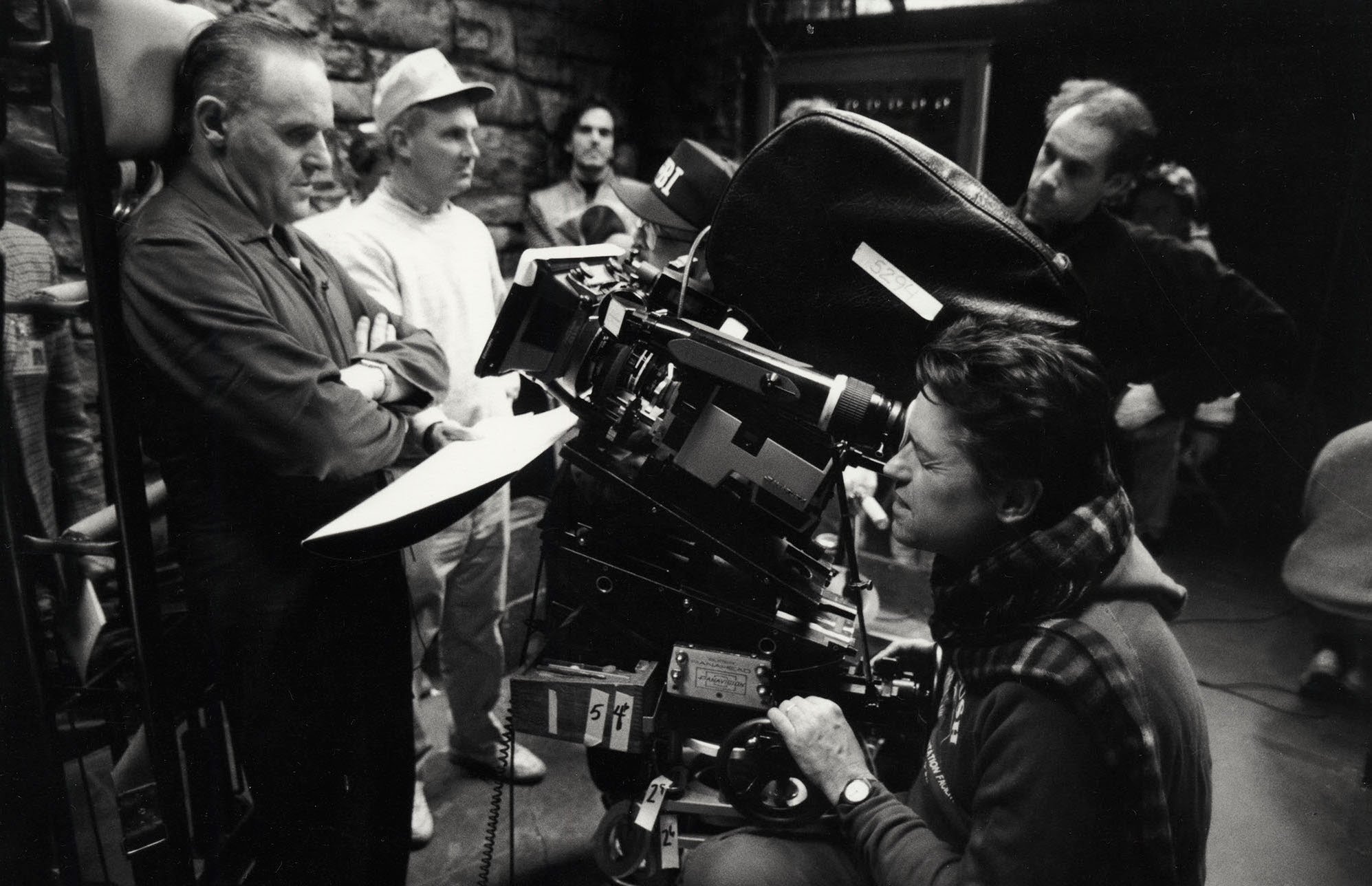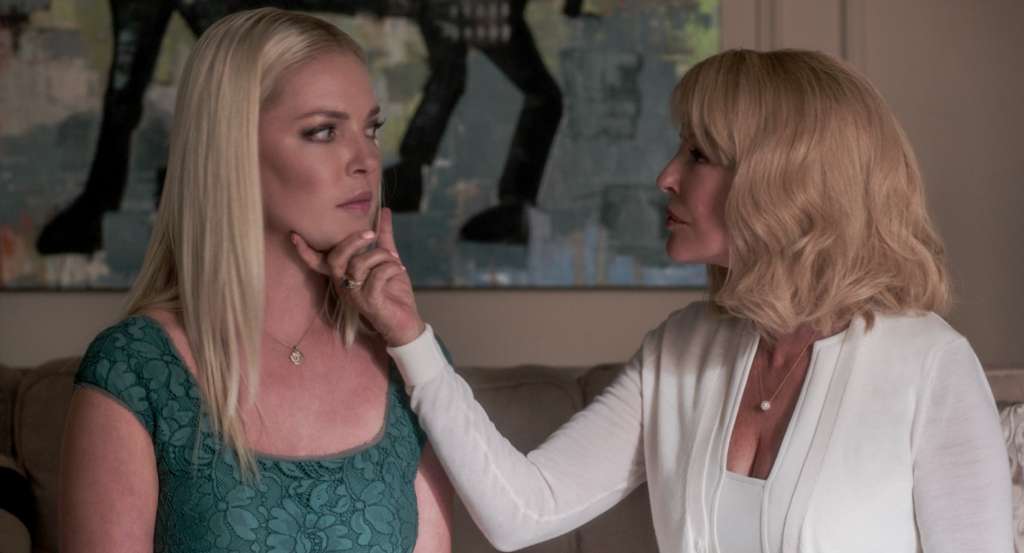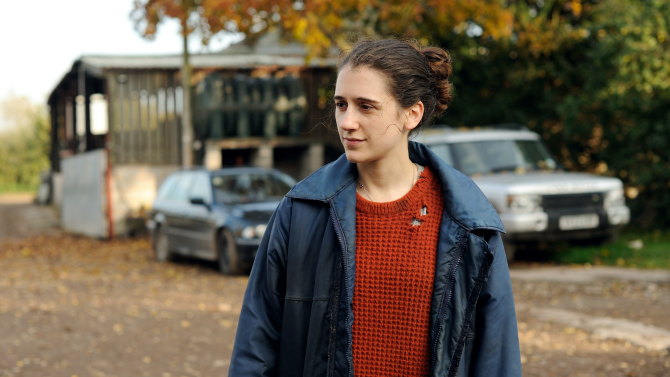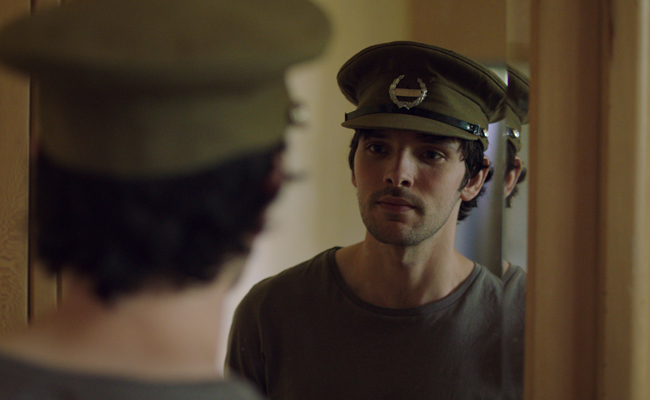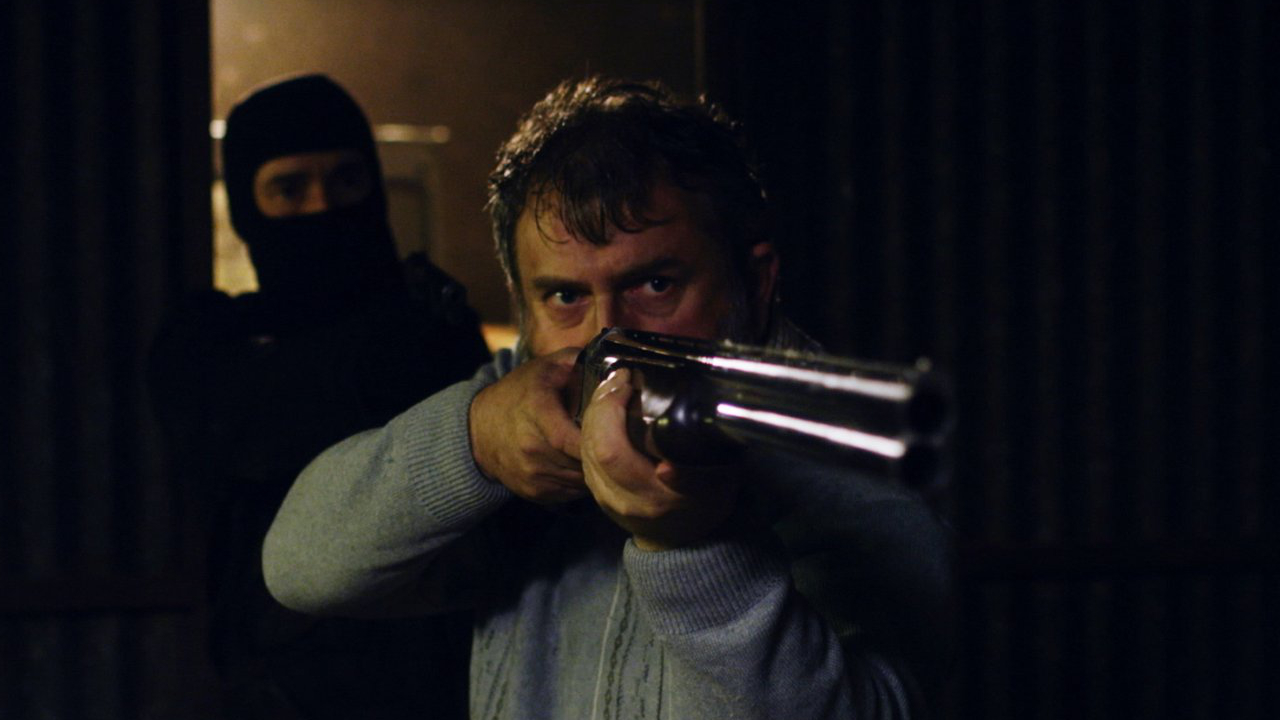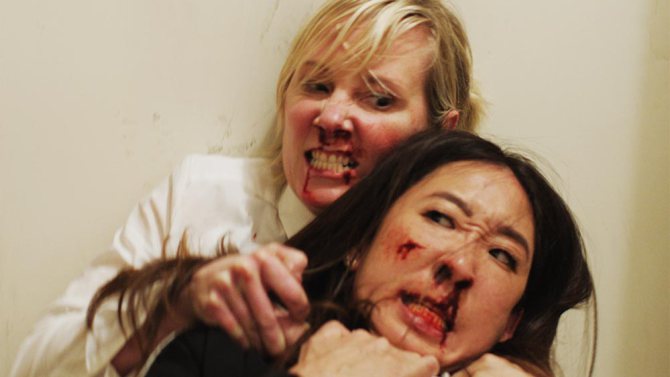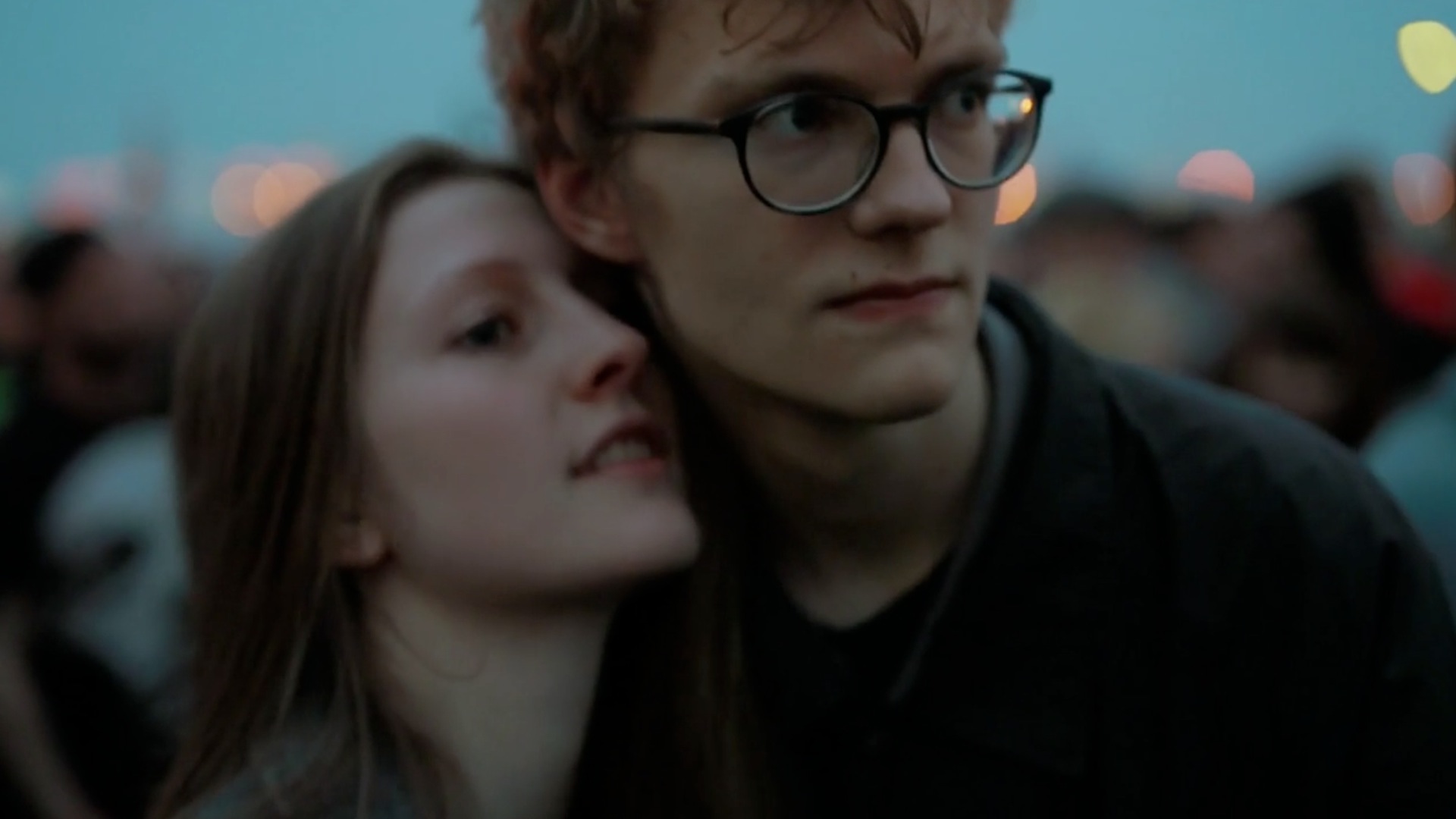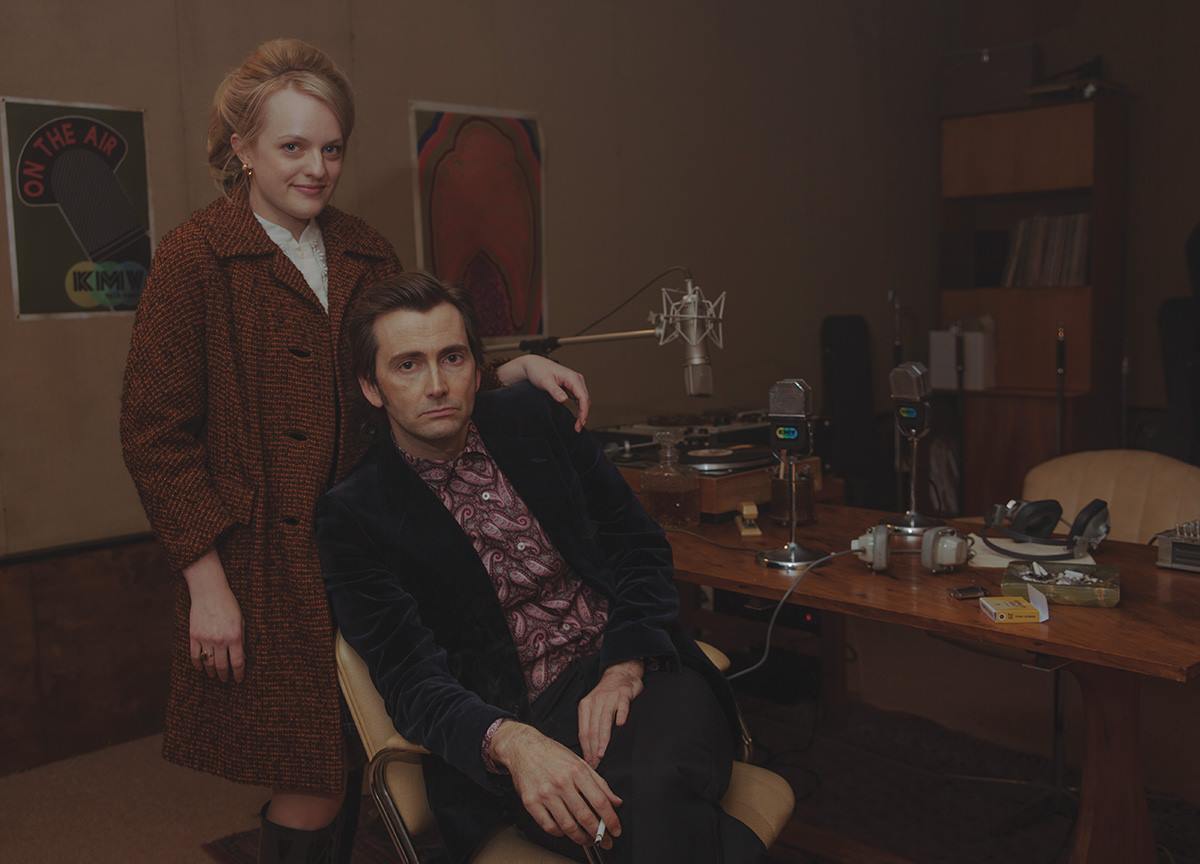A recurring theme in Ridley Scott’s late-career return to the Alien universe, with 2012’s Prometheus and now Alien: Covenant, with more possibly on the way, is the disappointing and disastrous consequences of hubristic father figures chasing perfection. The ill-received Prometheus, part Alien teaser, part Lindelofian word cloud, spun its mythic pretensions into a gorgeous, cynical and narratively garbled take on will and birth, outlining how humanity’s space-monk creators tried to wipe us out once they realized their children’s deep, deep failings, deploying a weaponised virus that escaped their control. A formulaic monster horror with an interest in sci-fi abstractions, Covenant…
-
-
Like a tightly wound corset ready to explode, Lady Macbeth is masterfully controlled period piece with a rebellious, cruel heart. Based on Nikolai Leslov’s Lady Macbeth of the Mtsensk, which imagined Shakespeare’s play from the perspective of the Scottish king’s much-maligned wife and cheerleader, the film applies its own interpretative reorientation to 19th-century England’s landed gentry, a social world the English imagination clings to in dusty, wistful, National Heritage nostalgic, a cosy image of class harmony imminently worthy of subversion (the film has been called an ‘anti-Downton Abbey‘). Lady Macbeth is a bold and confident debut work from screenwriter Alice Birch…
-
Paul Thomas Anderson was once asked by Criterion, the American home video distribution company, which three directors had influenced him the most. Anderson replied, “Jonathan Demme, Jonathan Demme and Jonathan Demme.” Demme was one of the most influential filmmakers of his generation; and certainly one of the most talented. Few directors could shift as effortlessly between filmmaking styles – and as naturally between genres – as Demme, who dabbled fluently in comedy, horror, indie, drama and documentary. But, as well as being incredibly prolific, Demme was also enormously experimental with the medium, pushing cinematic techniques to new levels of sophistication…
-
Unforgettable is a pulpy crazy-ex thriller about the resentment directed at someone taking up space where they do not belong. Rosario Dawson is the likeable new squeeze and Katherine Heigl is the ice-Barbie hovering at the sidelines, desperate and calculated, willing to do anything to reclaim the family she believes to be rightfully hers. And the movie itself, a first time directorial effort from seasoned producer Denise Di Novi, feels like it has taken a swerve and ended up in the wrong place. Sitting in the multiplex, you feel like you’ve drifted off on the sofa watching middle of the…
-
Hope Dickson Leach keeps her aim steady and hits her targets in The Levelling, her first feature and a sturdy, professional piece of grim English countryside realism. Trainee veterinarian Clover (Game of Thrones’ Elle Kendrick) is called back to the family farm when she receives word that her brother Harry, who was just given stewardship over the land, has shot himself with a hunting shotgun. The police have filed it as suicide, but her father Aubrey (Joe Blakemore), insists that it was just a “bloody stupid” accident, a descriptor he seems to apply to almost everything, his manner one of…
-
Waiting For You is a passive title for a passive sort of film. NI actor Colin Morgan (the titular warlock in BBC’s weekend fantasy Merlin) makes his feature lead debut as a grieving lad investigating his late father’s secrets in the first film from Charles Garrad, production designer turned director. Garrad’s design background is obvious in the sunny chateaux aesthetics, but more than anything Waiting gives the impression of a film built mood-first, with a screenplay from Garrad and Hugh Stoddart that’s much too fuzzy around the edges. Paul (Morgan) is an architecture uni dropout working in a book store…
-
Closing the Belfast Film Festival with a shotgun blast worth of intense visceral thrills, Chris Baugh’s directorial debut is a revenge thriller with the same assured deadly aim of its lead character. Nigel O’Neill owns the screen as the farmer Donal, a quiet man content to live a small life with his mother. But when she’s murdered in a robbery gone wrong Donal sets out to the big city of Belfast in search of her killers. But both the search and the truth prove to be much more complicated than he could have ever foreseen. Screening to awed crowds at…
-
Rage, maternal loss and the sting of humiliation are accelerants in the bloodstream in Catfight, Onur Tukel’s face-thumping black comedy and satire on the unreality of violence. The match is lit when estranged college chums Veronica (Grey’s Anatomy‘s Sandra Oh) and Ashley (Anne Heche) bump into eachother at a fancy Manhattan party for the first time in years. In this alternate America (very near future?), the country is eyeing up another war in the Middle East, and Veronica and her husband, who runs a debris clean-up company, are in for a big payday if they land a juicy Pentagon contact.…
-
Last year the Belfast Film Festival opened with Deniz Gamze Ergüven’s Mustang, a modern Turkish fairytale about a group of sisters dealing with the challenges of puberty in a small, conservative seaside village. This time around, up the road from the buzz of the Julian Barratt’s delirious Mindhorn, opening night gave us another intimately observed film about a coterie of young girls on the cusp of adulthood. The subjects of All This Panic, directed and shot by Jenny Gage and her cinematographer partner Thomas Betterton, are not subject to the same level of lock-and-key control and captivity, the six girls…
-
There is a scene in Robert Mullan’s Mad To Be Normal, a biopic of the Scottish psychiatrist R. D. Laing (played by David Tennant), in which the controversial figure is being interviewed on American radio during one of his promotional cross-Atlantic trips. While the room’s young, rapt audience look on, the broadcaster introduces Laing with a string of hyperbolic accolades, calling him an “acid Marxist” and, outrageously, a “white Martin Luther King”, whose revolutionary approach to treatment has enamoured the 60s counter-cultural spirit, and guaranteed him a spot on every dorm room bookcase in the United States. Eager for a…

